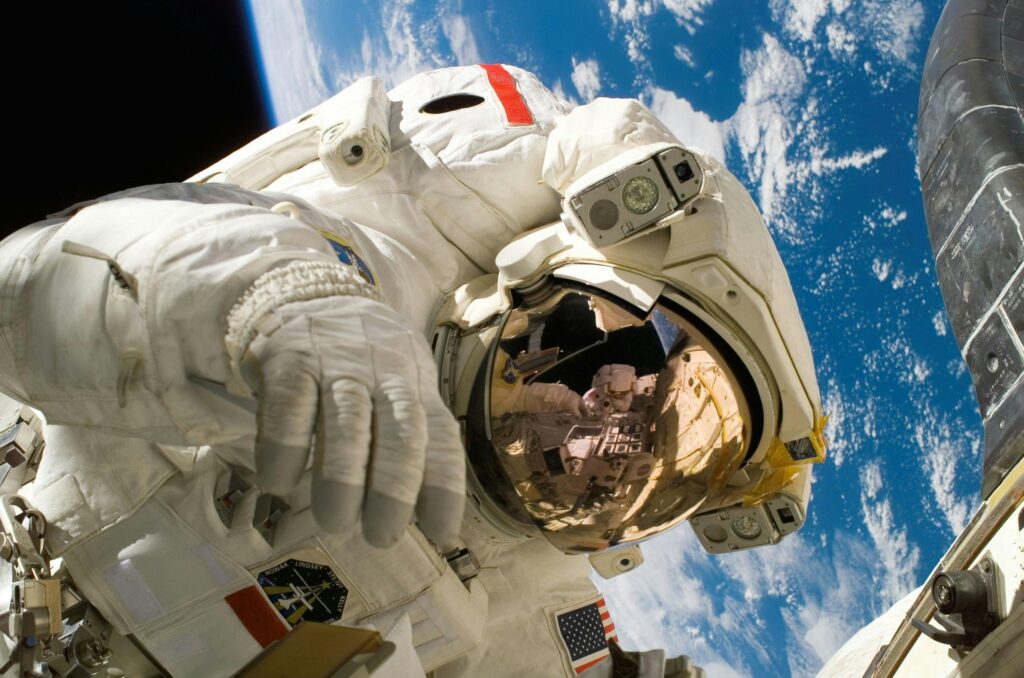
The Challenge of Breathing Beyond Earth
On Earth, oxygen is all around us. But in orbit, astronauts live inside carefully controlled environments where every breath is engineered. The ISS already produces oxygen using a process called electrolysis, splitting water molecules into hydrogen and oxygen. The problem? Microgravity.
On Earth, when you boil water or create bubbles in a soda, those bubbles naturally rise to the surface. In space, without gravity pulling them up, bubbles stubbornly cling to surfaces, electrodes, or even float aimlessly, disrupting efficiency. For oxygen production, that’s a serious problem. Sticky bubbles mean wasted energy and slower output two things astronauts can’t afford on long missions.
The Magnetic Solution
Scientists have discovered a surprisingly simple trick: add magnets.
Here’s how it works: oxygen is slightly magnetic (paramagnetic). By introducing a magnetic field during electrolysis, those tiny oxygen bubbles can be nudged away from the electrodes. Instead of clustering and blocking the system, they separate cleanly, making oxygen extraction smoother and more reliable.
The beauty of this solution is its elegance. No moving parts, no bulky machinery just physics doing the heavy lifting. On the ISS, experiments have already shown magnets can significantly improve bubble separation, potentially turning a frustrating process into an efficient one.
Why This Matters for Mars
Sending humans to Mars isn’t just about rockets and speed—it’s about survival. A mission to the Red Planet could take months, even years, meaning astronauts can’t rely on shipping crates of oxygen from Earth. They’ll need to make it themselves, using available resources.
Efficient electrolysis doesn’t just keep astronauts breathing it ties into the entire ecosystem of space living. Water brought from Earth, or possibly harvested from Martian ice, could be split into oxygen (for breathing) and hydrogen (as rocket fuel). In short, magnets might help solve both the “lungs” and the “engines” of future space missions.
A Breath of the Future
Magnets may not be the first thing you think of when imagining futuristic space tech. But in the quiet hum of ISS laboratories, this small innovation could mean everything. For astronauts orbiting Earth today and the explorers setting their sights on Mars tomorrow magnets may be the key to every single breath.






